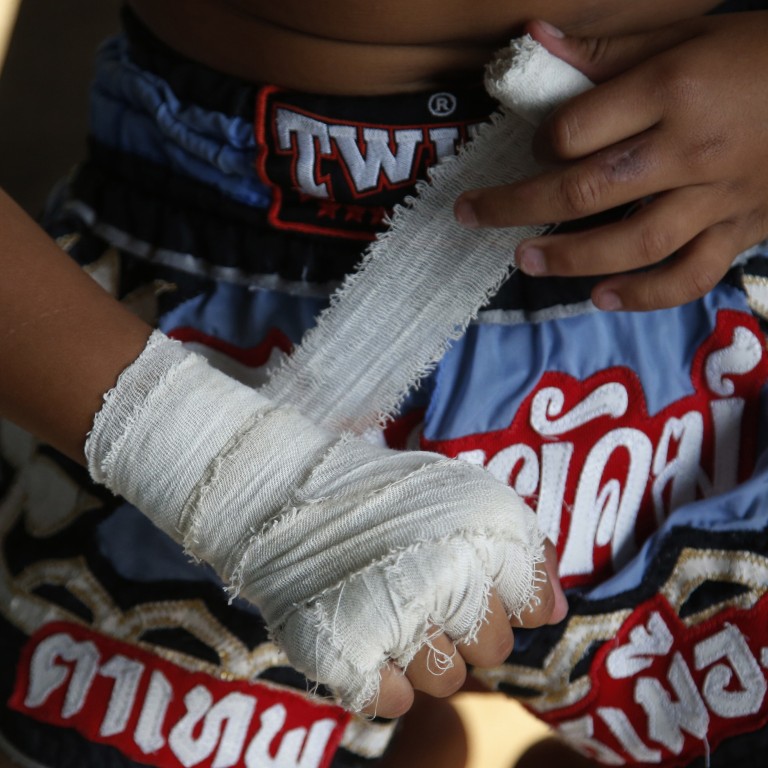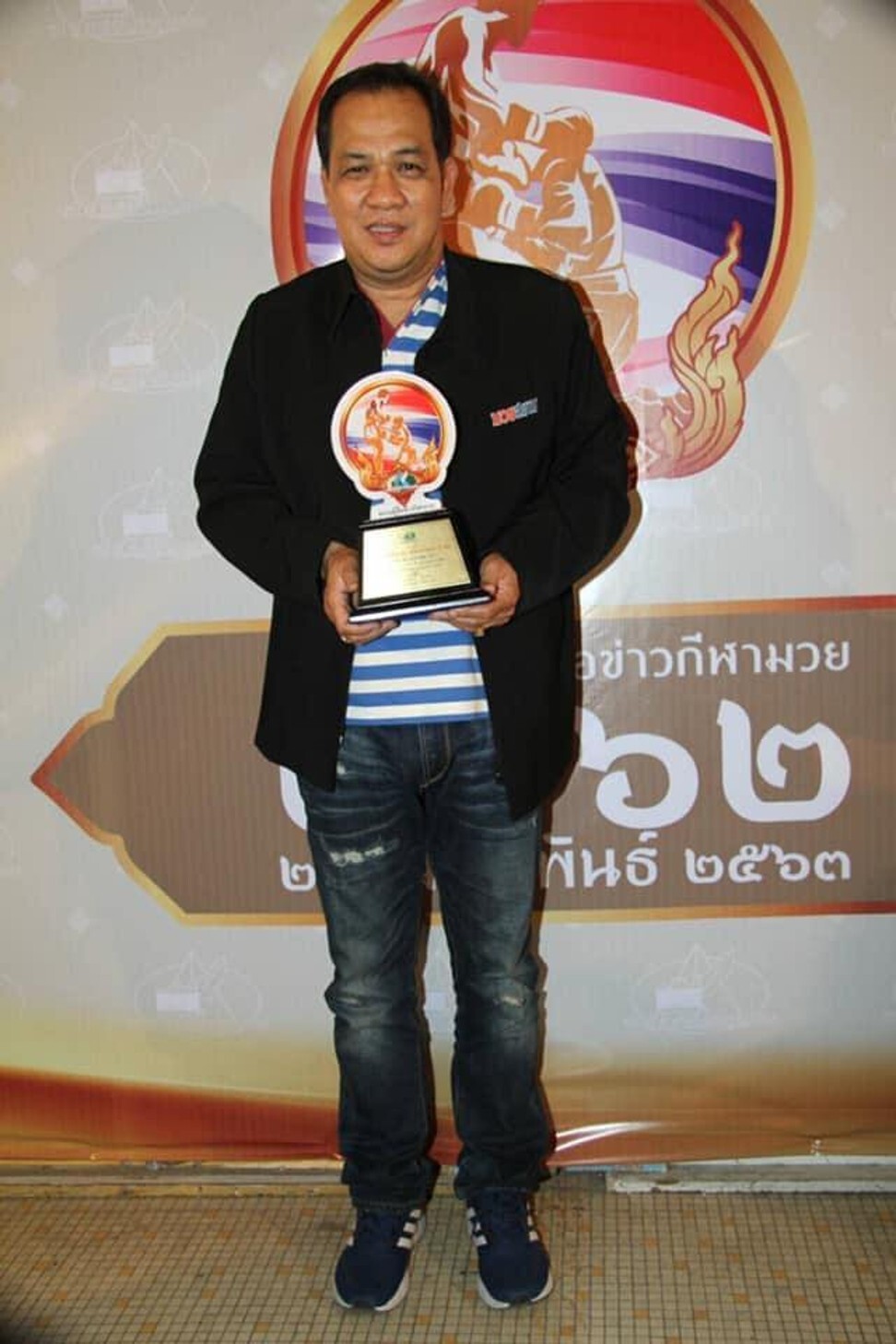
Coronavirus survivors: Covid-19 felt worse than when I was shot, says Muay Thai camp owner who attended Lumpinee fight
- Boxing camp owner Pitak Kaewprapol was among thousands of fight fans who ignored a government order to attend an event at Lumpinee stadium
- He is one of more than 100 cases traced to the fight
The night of March 6, 2020, started much like every other night for boxing camp owner Pitak Kaewprapol – with a visit to a fight.
At 93, he did everything with his wife, including catching Covid-19
Besides, the night promised much excitement. There were more than 10 fights on the cards, and Pitak was not about to stop a routine he had followed ever since he was a child boxer himself. He attended both out of his love for the sport and also to support the industry.
It was a costly mistake. Pitak’s symptoms began the next day.

“I began to cough and had muscle aches. I felt the aches in my joints and in my bones. I thought I had come down with influenza,” recalled Pitak, 54.
Still, he did not consider even then that he might have the coronavirus. For the next week, he continued his usual routine visiting boxing stadiums across Bangkok, becoming one of scores of people who are thought to have spread the disease after becoming infected at the March 6 event.
In the weeks that followed the Lumpinee fight, the number of infections in Thailand rose sharply; on March 10 the country had 53 cases, by March 30, it had 1,524 – and more than 140 of them have been traced to Lumpinee.
As I fought Covid with Hong Kong karate champ, mom was in coma in UK
“On March 12, I went to the Rajadamnern Stadium. I had a temperature test in front of the stadium and I was let through,” he said.
The next day, the pain in his bones became unbearable.
He visited a hospital in a Bangkok suburb and after spending almost an hour in the waiting area along with other visitors he was told his symptoms did not indicate the coronavirus and he was prescribed fever and pain-relief medication.
But his instinct told him differently. The next day, he headed to a hospital in central Bangkok for a second opinion and after hearing a few details the doctor sent him for a coronavirus test, which came back positive.
For the next 19 days, it was as if Pitak was a fighter once again.
“It was the most serious, life-threatening event I have ever been through,” Pitak said. “I felt more scared than when I was hospitalised after being shot during a fight in my teenage years.
“I felt weak. I felt the heat. I felt stressed. The first two to three days of treatment were the worst.”
Pitak’s body was weakened by the virus and his mind became restless with fear. Despite routines of heavy medication to strengthen his immune system, he asked for sleeping pills each night just to get some rest. He also developed drug allergies that caused him dizziness, vomiting and skin rashes.
They said we had the plague: Indonesia’s first coronavirus patients
Doctors decided to stop the medication after his 15th day in hospital due to these symptoms and weight loss caused by his loss of appetite. He spent the next three days recuperating and was finally discharged after testing negative.
Since returning home, Pitak has struggled with insomnia and how quiet everything seems.
Boxing stadiums have been closed indefinitely and the fighters who once trained in the grounds of his house have returned to their provinces because there is no work.
“I still cannot sleep in the night. Sometimes I feel so tired. I worry about the boxers too because they have no income. The time we are in now can turn good people into bad.”
Pitak has done his best to make some good come out of his experience. Last month, he, his fellow boxing trainers and other coronavirus survivors donated their blood plasma to hospitals to help develop antibodies for Covid-19 patients.
But at home, loneliness lingers alongside his insomnia. His interaction with the world has narrowed. He recalled children running past his house in fear because they knew he had the virus. “I was a little angry at first,” he said. “But when I came out to give them some masks to wear, they were no longer scared of me.” ■
Help us understand what you are interested in so that we can improve SCMP and provide a better experience for you. We would like to invite you to take this five-minute survey on how you engage with SCMP and the news.











